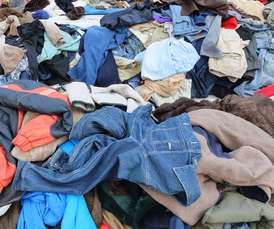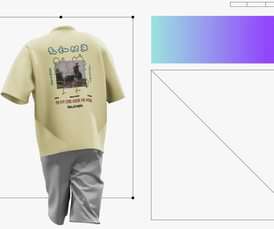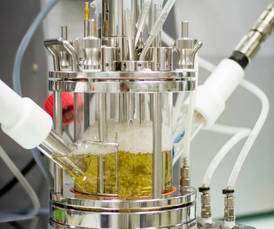EU Digital Product Passports aim to track items through the product life-cycle
Envirotec Magazine
MARCH 23, 2023
For example, digital links accessible through a unique product identifier will need to be added to the products themselves rather than outer packaging or tags. Interested parties should be able to access information relating to raw materials, manufacturers, distributors, retailers, and recycling options.



























Let's personalize your content